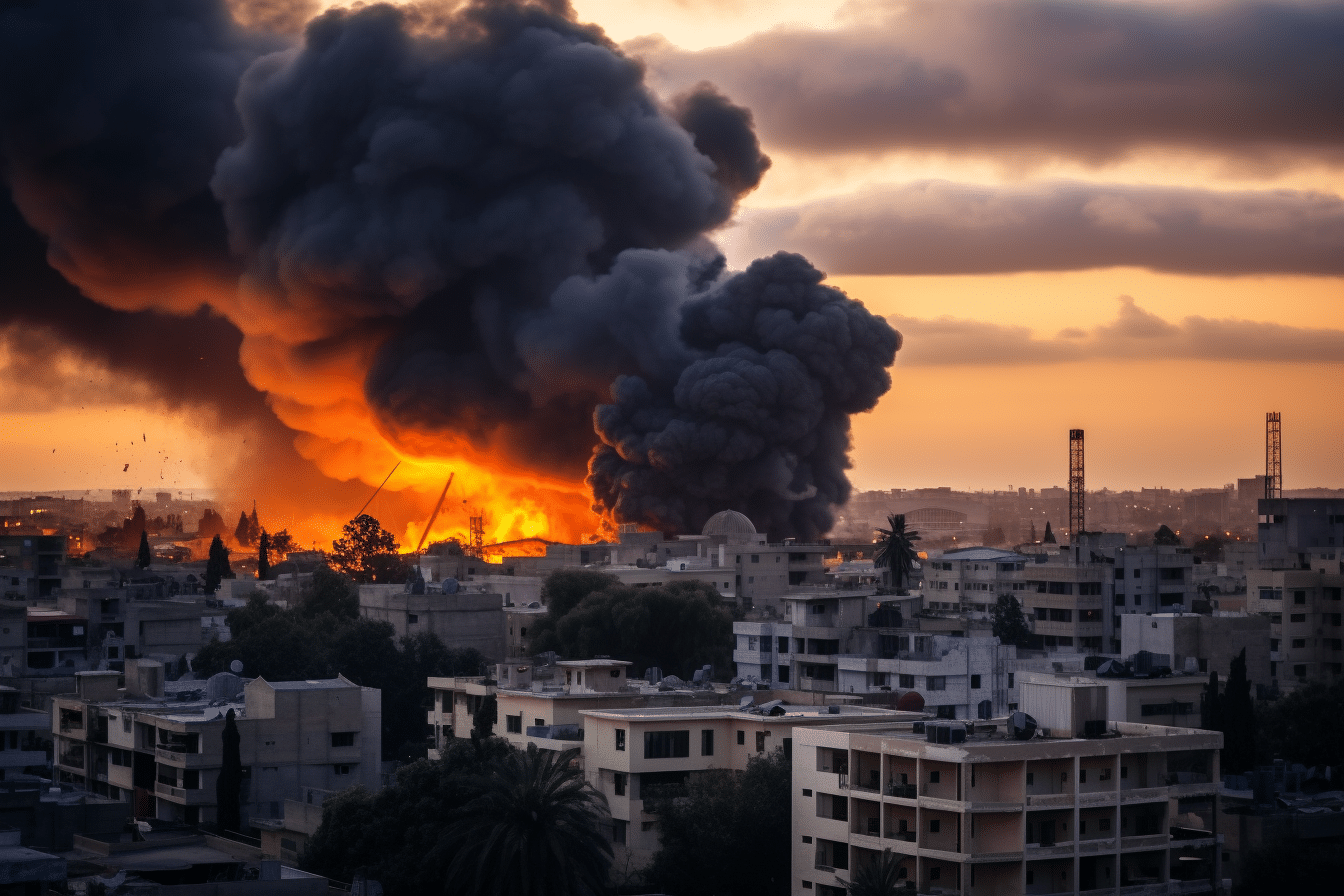
In the aftermath of a series of devastating Hamas attacks on Israeli farming towns, the fury of the Israeli people is palpable. More than two weeks have passed, yet the chaotic recovery efforts orchestrated by Prime Minister Benjamin Netanyahu’s government have been far from satisfactory. The failure to prevent the attacks is one thing, but the lack of support and aid for the traumatized survivors has left the nation in a state of collective grief and anger.
The military response to the attacks has been relentless, with airstrikes in Gaza resulting in thousands of Palestinian casualties and hundreds of thousands of Israeli troops preparing for a possible ground offensive. However, the government’s internal conflicts and the absence of help for those in need have placed the burden of recovery on the shoulders of volunteers, many of whom have spent the past year protesting against the government.
Ruvi Dar, a clinical psychologist and professor at Tel Aviv University, has been counselling survivors evacuated from their homes. He expressed his disappointment in the government, stating, “It has to be clear. The government is completely incompetent.” Dar also highlighted the lack of state support for refugees, with grassroots initiatives and nonprofit groups stepping in to provide much-needed help. The government’s preoccupation with curtailing the judiciary’s power and the resulting months of protests and political turmoil has only fueled the fire.
This situation has led many to believe that the government has neglected its essential functions in favour of political gains. Critics have pointed out that Netanyahu has ignored a slew of critical issues, including an understaffed police force, a military caught off guard on Israel’s southern flank, and the escalating cost of living. Furthermore, the government has been accused of funnelling billions of dollars to ultra-Orthodox Jewish and pro-settlement coalition partners for their projects while ignoring the needs of Israel’s Arab communities.
The public’s wrath was evident when government ministers were blocked from visiting attacked communities, and Economy Minister Nir Barkat was confronted during a eulogy. Ophir Shai, whose brother Yaron was killed in the attacks, accused the government of abandoning its people and demanded immediate resignations. Netanyahu has since admitted to the government’s failure and promised an investigation, but his actions, or lack thereof, have done little to appease the public’s anger.
The people of Israel are in crisis, grieving the loss of their loved ones, their homes, and their sense of security. The government’s inability to provide support and aid has created a vacuum filled by volunteers and nonprofit groups, who have been lauded as heroes for their efforts. The time for accountability will come, but for now, the people of Israel are left to pick up the pieces of their shattered lives, with or without the help of their government.
